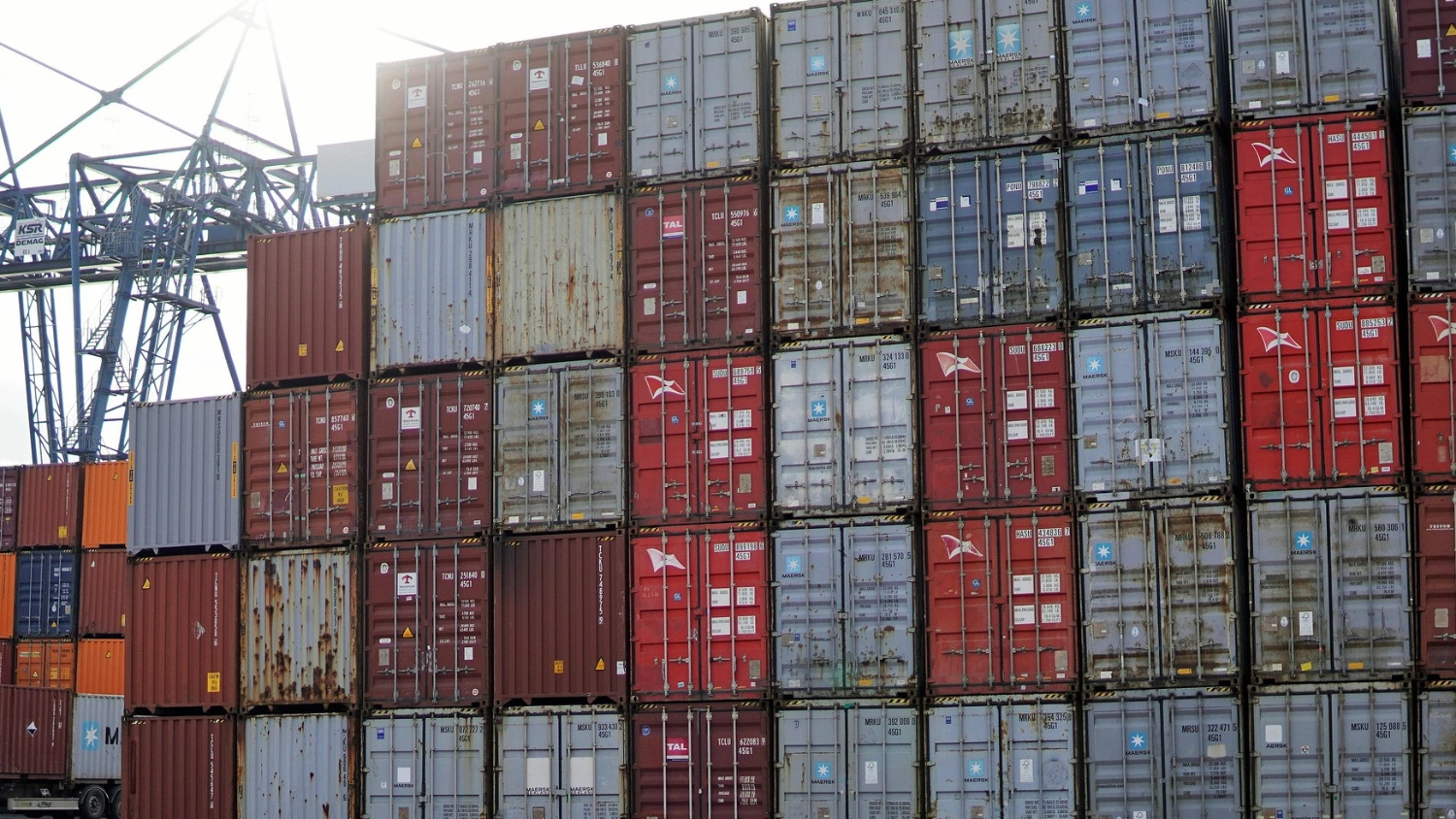Now in its sixth year, the Barometer looks at the extent to which organizations across the globe are reporting – and acting to mitigate – risks posed by climate change. It scrutinizes the efforts of more than 1,400 businesses in 51 countries, across 13 business sectors, by looking at their transition plans and the information they publish based on the 11 recommendations set by the Task Force on Climate-related Financial Disclosures (TCFD), which was established to improve and increase reporting of climate-related financial data.
The Barometer scores companies on the number of recommended disclosures that they make (coverage) and the detail they provide for each one (quality). It shows that the number of businesses providing at least some information on each of the recommended disclosures is at its highest point since the survey began. A score of 100% means information is being disclosed on all recommendations, and this year's average score is 94% – an improvement in coverage, from 90% in 2023.
However, the quality of disclosures remains worryingly low. The average quality score sits at 54% – edging up just slightly from 50% last year, indicating that many companies are avoiding sharing detailed information with customers, investors and other stakeholders. A score of 100% indicates that all the details needed are being disclosed. Countries and regions with the highest quality disclosure records are the UK (69%), South Korea (62%), Japan (61%), Southern Europe (61%) and Western/Northern Europe (61%), while the Middle East (29%) sits at the bottom of the pack.
This latest Barometer throws into sharp relief companies' lack of readiness to meet the crucial goals of the 2015 Paris Agreement – including targets to limit emissions and temperature increases and to strengthen their ability to adapt to the impacts of climate change. Only slightly more than two-fifths of companies (41%) report they have a transition plan in place to help them mitigate the risks of climate change, and while a little more than a fifth (21%) report they do intend to develop one in the future, 38% do not have any intention of doing so.
Among the world's biggest emitters, adoption of transition plans is even lower –only 8% in China and just 32% in the US. By way of contrast, adoption of these plans in UK and Europe is 66% and 59%, respectively – largely the result of successful regulatory regimes, underling the importance of regulation as a means to drive action.
Compounding this problem, even fewer companies have made clear financial commitments to support their transition plans. Just 4% have disclosed operational expenditure (expenses arising from day-to-day business operations) and 17% have reported capital expenditure (money invested in a business' assets for future gains) – a sign that, even where companies have action plans, they are not ready to execute them.
Massimo Bettanin, EY Romania Climate Change and Sustainability Services Partner: “The EY Global Climate Change Barometer 2024 indicates a gradual improvement in the quality of climate change-related disclosures over recent years. However, it also reveals that even the best-reporting companies are not implementing GHG reduction strategies at the necessary speed and scale to meet the Paris Agreement's goal of limiting global temperature rise to below 1.5°C. This comes as no surprise, given that greenhouse gas (GHG) emissions continue to rise, reaching new peaks in 2024.
Most of the reduction targets set by companies are short-term, aimed at low-hanging fruit opportunities primarily at the operational level (such as Scope 2 efficiency improvements), and are not ambitious enough to address the current climate crisis. Additionally, a minority of companies have reported having a Transition Plan in place, and very few have disclosed capital expenditure investments that support these plans, which undermines their credibility.
Despite the high potential for climate change to cause severe harm to our economic and social systems, few businesses disclose significant climate-related financial impacts. Even though there has been a substantial increase in companies performing climate scenario analyses, the disclosure of climate change-related transition and physical risks remains inadequate.
In conclusion, the 2024 edition of the EY Barometer confirms that most companies are still unprepared for the inevitable disruptions to our economies. The mounting evidence of surpassing several planetary boundaries, which are likely to trigger significant physical risks, along with increasing signals of a disorderly transition to a low-carbon economy, seems to be poorly reflected in sustainability and financial reporting.”
A more upbeat finding in the Barometer is that an increasing number of businesses – 67% in total, rising from 58% last year – are using scenario analysis, as recommended by the TCFD, to assess the scale and timings of possible climate risks, continuing an upward trend from previous years; and almost three-quarters (71%) have used both qualitative and quantitative analysis.
However, very few companies – just 36% – are carrying scenario findings through to their financial reports (only a slight improvement on 33% from last year and 29% in 2022). Even fewer (32%) disclose any climate risks with a high financial impact, meaning that they face a potential blind spot when looking at how their finances could be impacted. In addition, there is an even more pronounced lack of acknowledgment of the risks in areas that will be most affected by climate change. For example, only 17% of companies in the Americas report that climate change could have a high impact on their business. This is despite the fact that the US and Canada are among the economies with the highest risk of it having a negative impact on GDP.
The results also expose a clear and widespread tendency towards short-term thinking, which could hinder progress towards net-zero. More than eight in 10 businesses (83%) have set short-term targets for a reduction in greenhouse gas emissions stretching to 2030, but only slightly more than half (51%) have set goals for the longer term; and of those, only slightly less than a quarter (24%) have had their targets validated by the Science Based Targets initiative – the organization charged with developing the standards to help businesses reduce emissions.
In addition, businesses seem to be neglecting the full range of emissions in their transition planning. Just over half of companies' decarbonization initiatives (55%) target so-called “Scope 2 emissions” – the indirect emissions from purchased energy, perhaps because these are the easiest emissions to reduce. Only a slightly more than a third (34%) however, included any Scope 1 emissions – those that come directly from sources controlled by the company in question – and just slightly more than one in 10 (11%) covered Scope 3 emissions, which include all indirect emissions through the value chain, such as those from suppliers of raw materials.
Most businesses (84%), according to the report, do indicate that they conduct risk analysis, and they give equal weight to “transition risks” – which stem from changes in the economy resulting from climate change, and “physical risks” that are a direct consequence of climate change. However, as in the case of scenario planning, businesses aren't reflecting these risks in their financial plans.
The report sets out six actions businesses can take now to bring about needed change:
- Develop a robust action plan rooted in science-based targets, informed by detailed scenarios and backed by financial investment.
- Reflect climate risks in financial statements and explore financial opportunities.
- Use data to inform decisions and drive action on risks and opportunities.
- Provide sustainability teams with sufficient resources – the funding, information and people needed to achieve stated goals.
- Equip boards with the skills to provide effective governance on transition strategy.
- Explore cross-sector collaboration, including with governmental and public sector bodies.









